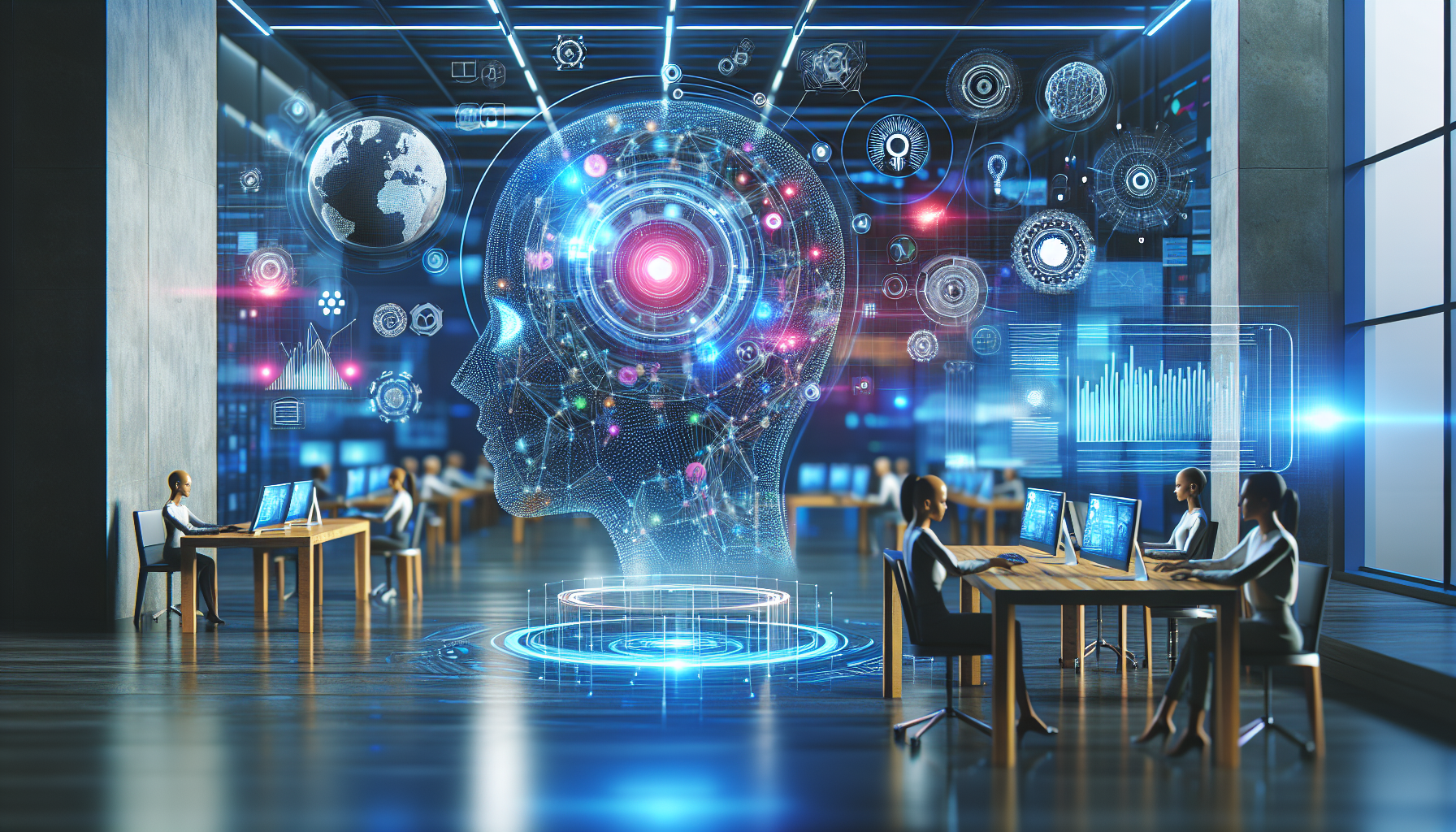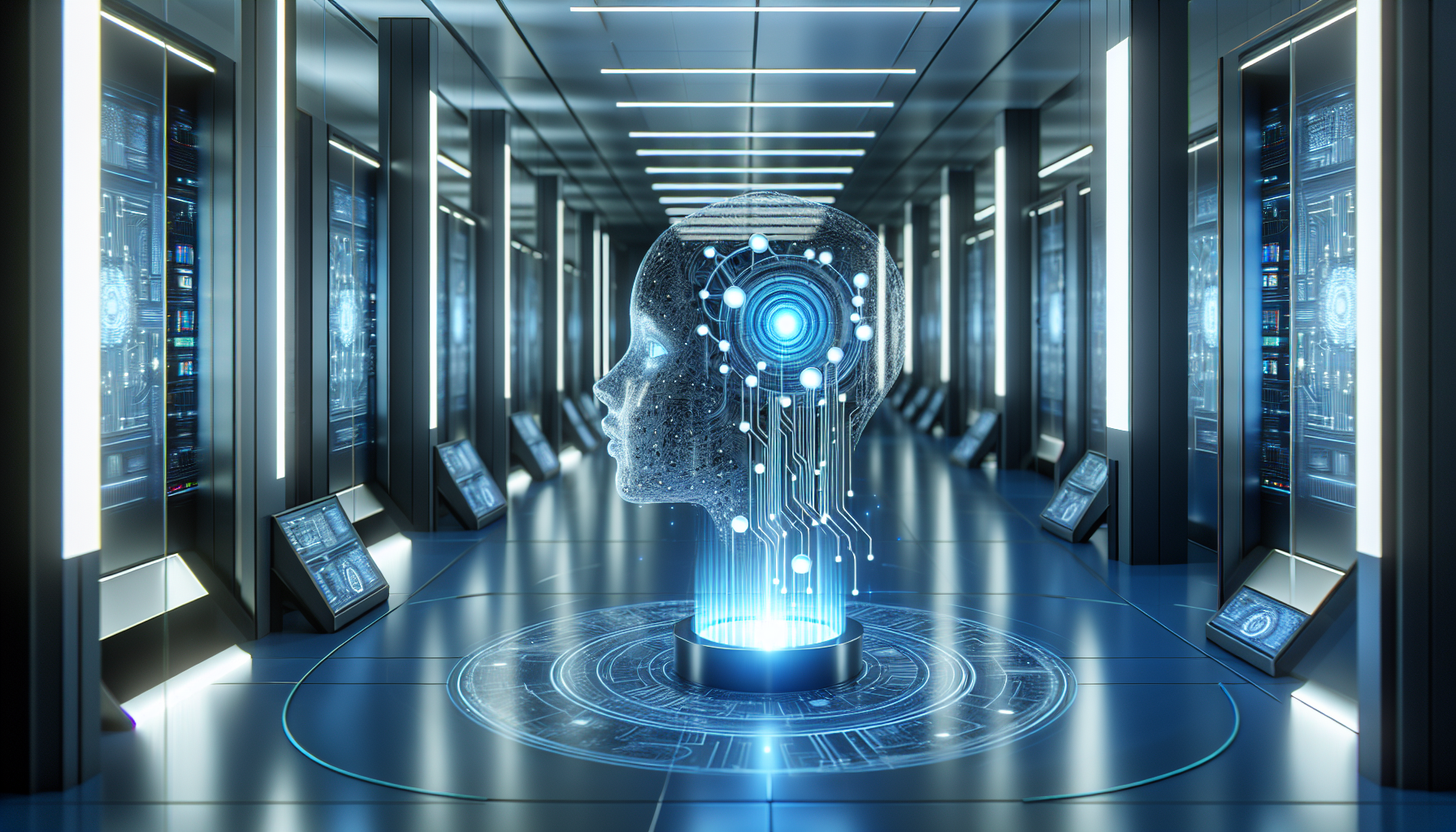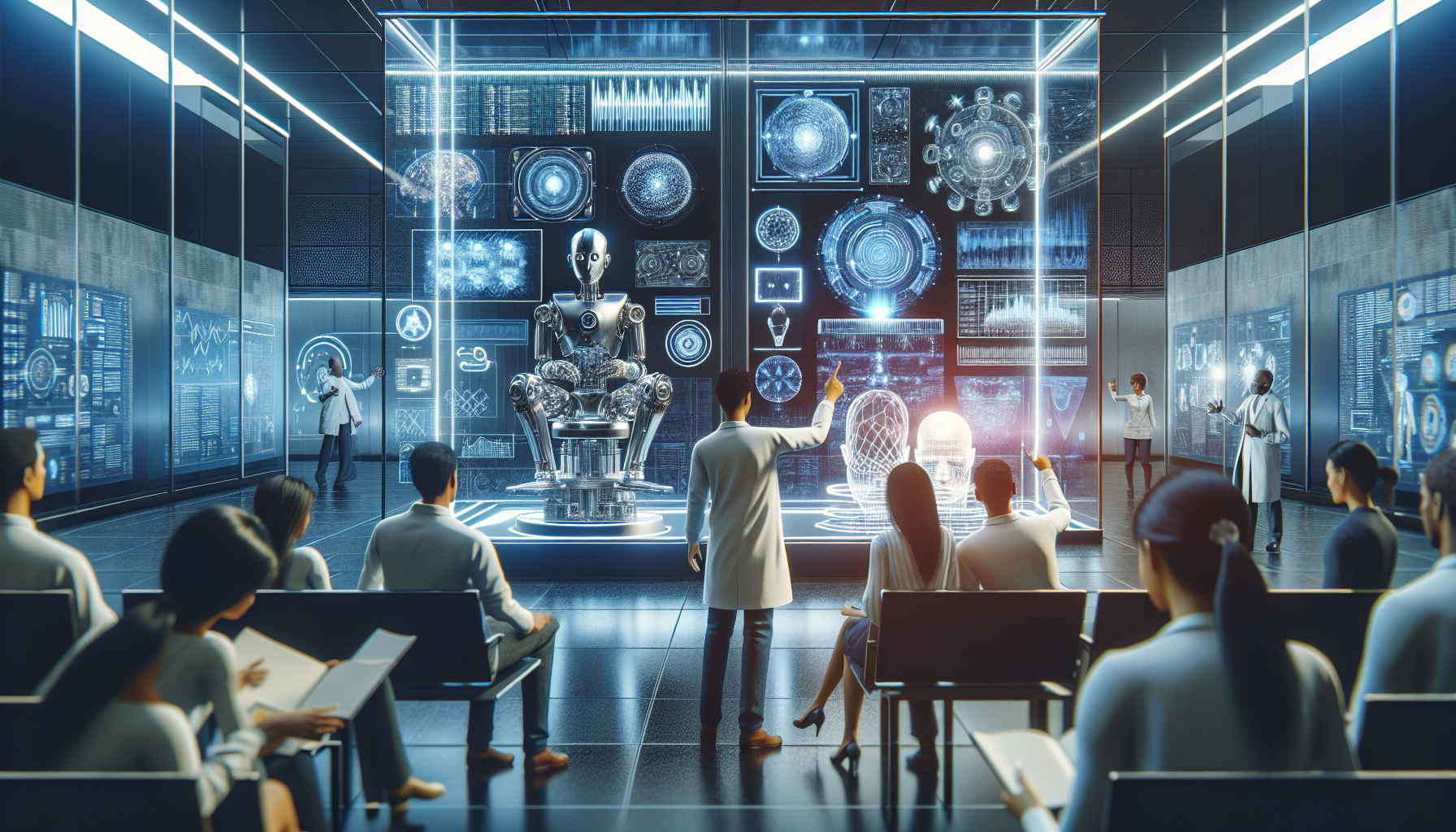
AI in the Legal Industry: A Comparative Analysis of Process Streamlining and Case Analysis
August 18, 2025
Artificial intelligence is reshaping numerous industries, and the legal sector is no exception. With its capability to process vast amounts of data swiftly and accurately, AI is transforming how legal professionals manage their workload, particularly in streamlining processes and case analysis. This article delves into the technical applications of AI in the legal industry, contrasting traditional methods with AI-driven solutions to highlight the profound impact this technology is having.
Legal processes, by nature, are intricate and often involve extensive documentation and meticulous attention to detail. Historically, tasks such as document review, contract analysis, and case law research demanded substantial time and expertise. AI technologies now offer a solution through automation and advanced data processing capabilities. Natural Language Processing (NLP), a subset of AI, is at the heart of this transformation, enabling machines to understand and interpret human language in a legal context.
Document review, once a labor-intensive task, is revolutionized by AI. Traditional methods required legal teams to manually sift through countless pages, a process prone to human error and inefficiency. In contrast, AI-driven platforms can rapidly analyze documents, identify relevant information, and flag potential issues with remarkable accuracy. This not only reduces the time required but also allows legal professionals to focus on strategic decision-making rather than clerical work.
Contract analysis is another area where AI excels in comparison to traditional methods. AI tools can examine contracts for specific clauses, assess compliance, and even suggest amendments. These tools leverage machine learning algorithms to continuously improve their accuracy and efficiency. The comparative advantage here lies in the AI's ability to handle complex contractual language and vast datasets with speed that far surpasses human capabilities.
Case law research, a critical component of legal practice, benefits significantly from AI's data-mining capabilities. Traditional research methods are time-consuming and often limited by the researcher's experience and resources. AI, however, can scan through extensive databases, identify relevant case precedents, and present these findings in a fraction of the time. This not only enhances the quality of legal research but also democratizes access to legal insights, enabling practitioners to provide better-informed counsel to their clients.
Beyond these applications, AI's potential in predictive analytics is noteworthy. By analyzing past case outcomes and various legal parameters, AI systems can provide probabilistic assessments of case outcomes. This capability offers law firms a competitive edge, allowing them to strategize more effectively and manage client expectations with greater precision.
Despite these advantages, the integration of AI in the legal sector is not without challenges. Issues such as data security, algorithmic bias, and the ethical implications of AI decisions are critical concerns. Ensuring that AI systems are transparent and that their decision-making processes are auditable is paramount. Legal professionals must be equipped with the skills to understand and oversee AI tools to ensure that they complement human expertise rather than replace it.
Moreover, the comparative analysis of AI adoption across different jurisdictions reveals varying levels of acceptance and integration. Some regions are embracing AI technologies with open arms, implementing them across all facets of legal practice, while others remain cautious, prioritizing traditional methods and human oversight. This disparity raises questions about the future landscape of the legal industry and the potential for AI to create a more unified or fragmented global legal community.
As AI continues to develop, its role in the legal industry will undoubtedly expand. The key to harnessing its full potential lies in striking a balance between technological advancement and human judgment. Will AI redefine the boundaries of legal practice, or will its integration simply enhance the capabilities of human professionals? As the legal industry navigates these questions, the dialogue between technology and tradition becomes ever more vital, challenging legal professionals to continuously adapt and innovate in the face of rapidly evolving technological possibilities.


